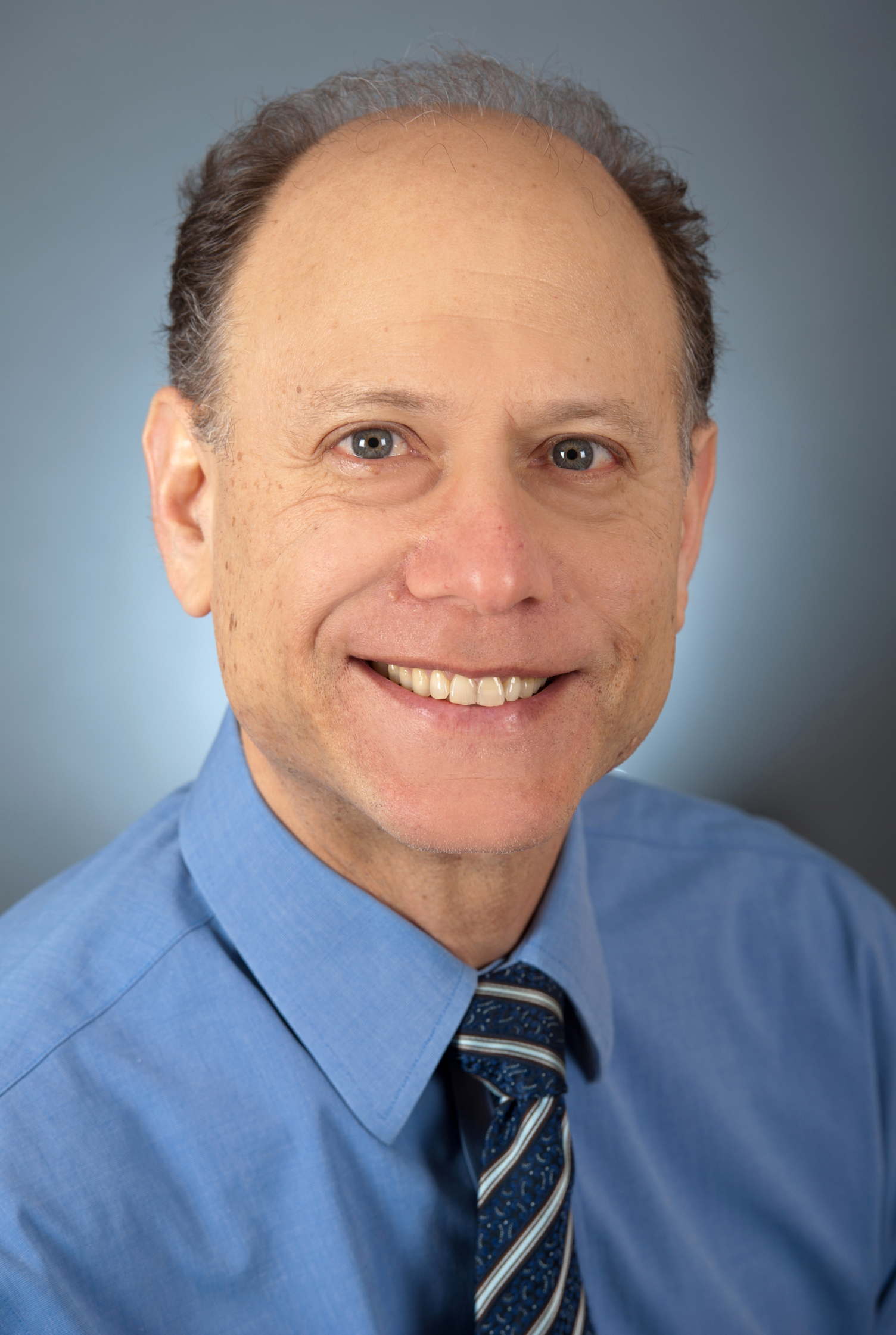
Fighting the Child Obesity Crisis – Dr. David Ludwig #375
Timestamps
0:00 – Desert Farms
1:20 – Cool Fact of the Day
3:50 – Get Some Ice Cream
6:10 – Thomson Tee (enter Bulletproof at checkout)
7:50 – Welcome Dr. David Ludwig
11:00 – What should we do about childhood obesity?
18:00 – Is ketosis necessary?
26:00 – Life expectancy
33:00 – Toxic mold
38:00 – Nutrition research
Featured
Thomson Tee (enter Bulletproof at checkout)
Resources
Bulletproof
Subscribe To The Human Upgrade
In this Episode of The Human Upgrade™...
BOOKS
4X NEW YORK TIMES
BEST-SELLING SCIENCE AUTHOR
AVAILABLE NOW
Smarter
Not Harder
Smarter Not Harder: The Biohacker’s Guide to Getting the Body and Mind You Want is about helping you to become the best version of yourself by embracing laziness while increasing your energy and optimizing your biology.
If you want to lose weight, increase your energy, or sharpen your mind, there are shelves of books offering myriad styles of advice. If you want to build up your strength and cardio fitness, there are plenty of gyms and trainers ready to offer you their guidance. What all of these resources have in common is they offer you a bad deal: a lot of effort for a little payoff. Dave Asprey has found a better way.








